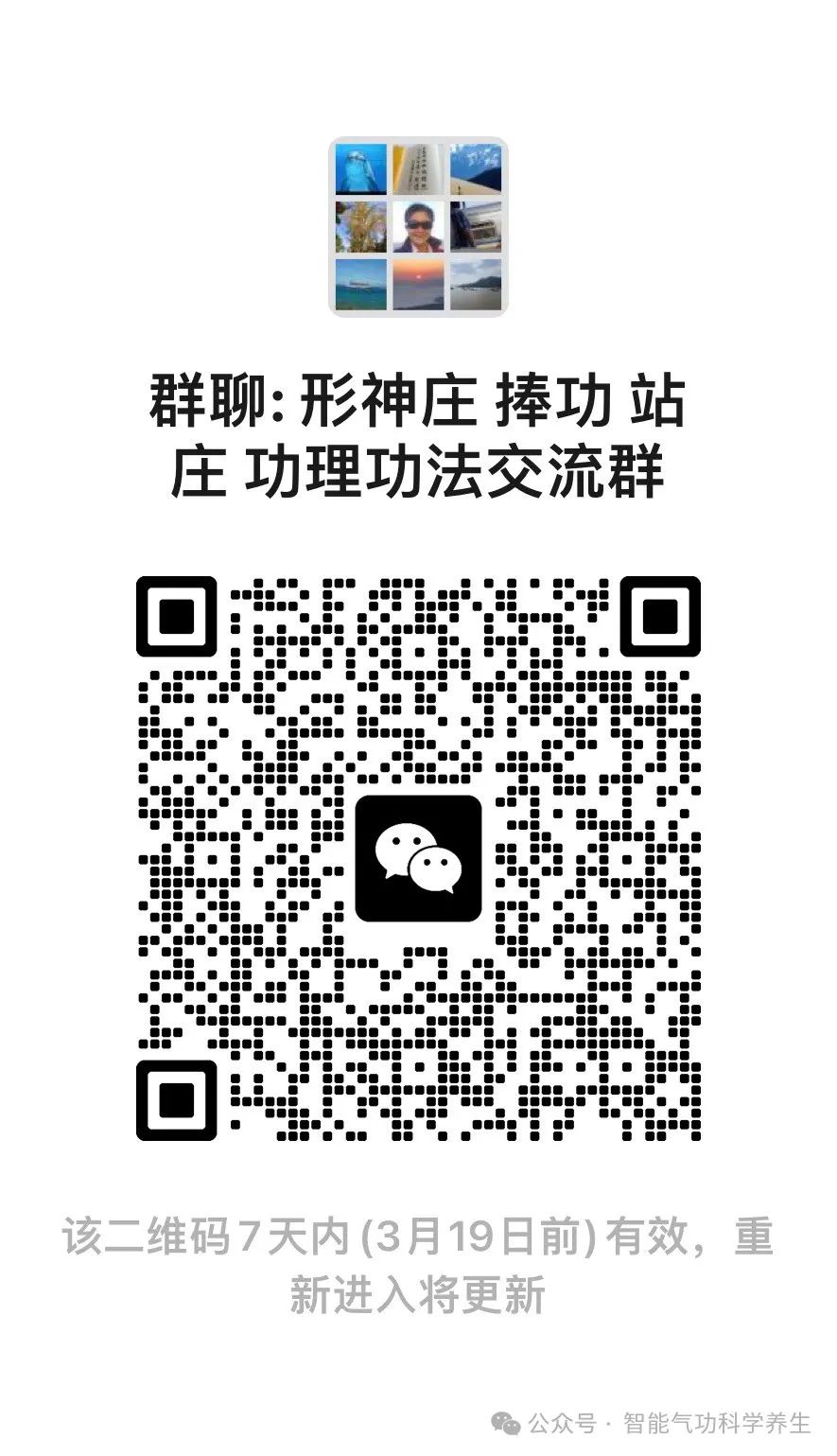Intelligent Qigong is a method of Qigong that emphasizes a holistic theory and practical application. The theoretical study and practice should follow the following principles:
1. Establish a Solid Ideological Foundation
Practitioners of Intelligent Qigong should cultivate a mindset of serving the people, integrating personal health and interests with the health and interests of the public. This ideological foundation not only helps to open the mind but also enables practitioners to better understand the deeper meanings and practical directions of Qigong.
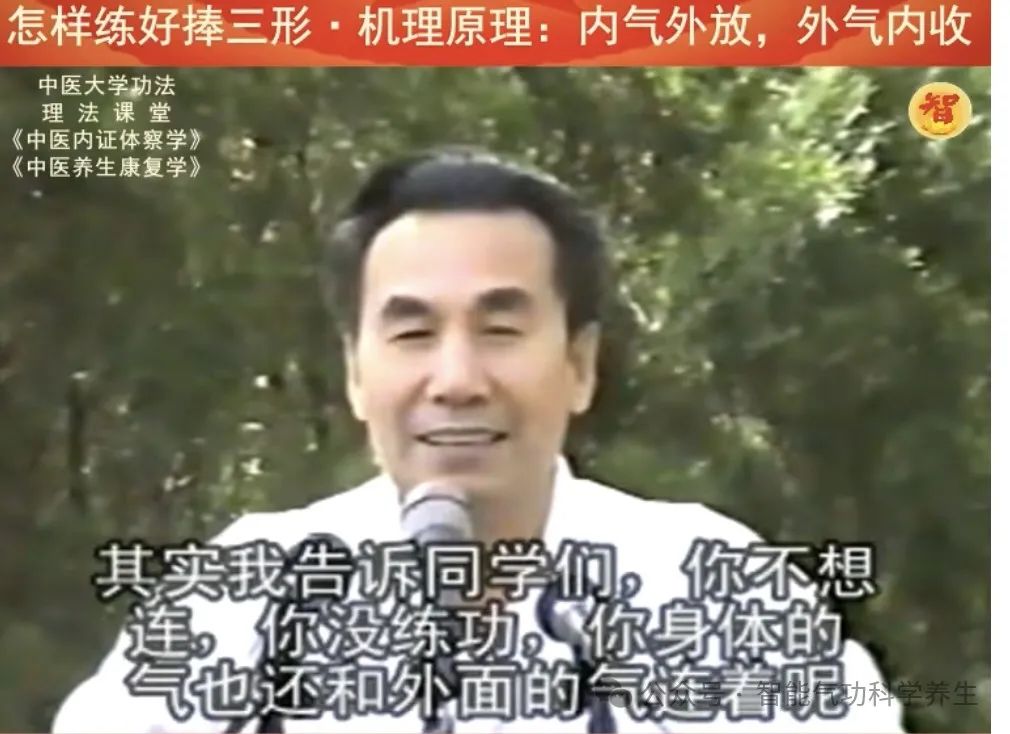 2. Understand and Apply Basic Theories
2. Understand and Apply Basic Theories
The theoretical foundation of Intelligent Qigong includes the theory of Hunyuan (混元) and the theory of Hunyuan Qi (混元气) in the human body. Practitioners should understand the concept, characteristics, and manifestations of Hunyuan Qi at different levels, as well as the importance of a holistic view. These theories are not only the cornerstone of the Qigong knowledge system but also important tools for guiding practice.
3. Actively Utilize Consciousness
Intelligent Qigong emphasizes the initiative and guidance of consciousness in practice. Practitioners should deepen their experience and understanding of the Qigong state through actively guiding the rise and fall of life movements, as well as through focused and dedicated practice.
4. Follow Specific Practice Methods
The methods of Intelligent Qigong include various practices such as external Hunyuan, internal Hunyuan, and central Hunyuan. Practitioners should strictly follow the teaching methods, paying attention to the essentials of each movement and cultivating the inner meaning to ensure the correctness and effectiveness of the practice.
5. Cultivate Morality
Intelligent Qigong believes that practice is not only physical exercise but also moral cultivation. Practitioners should cultivate morality through daily behavior, forming an altruistic value system, which will help achieve a higher realm in practice.
With the guidance of these theories, practitioners of Intelligent Qigong can engage in systematic and scientific training, improving not only physical health but also achieving spiritual elevation.
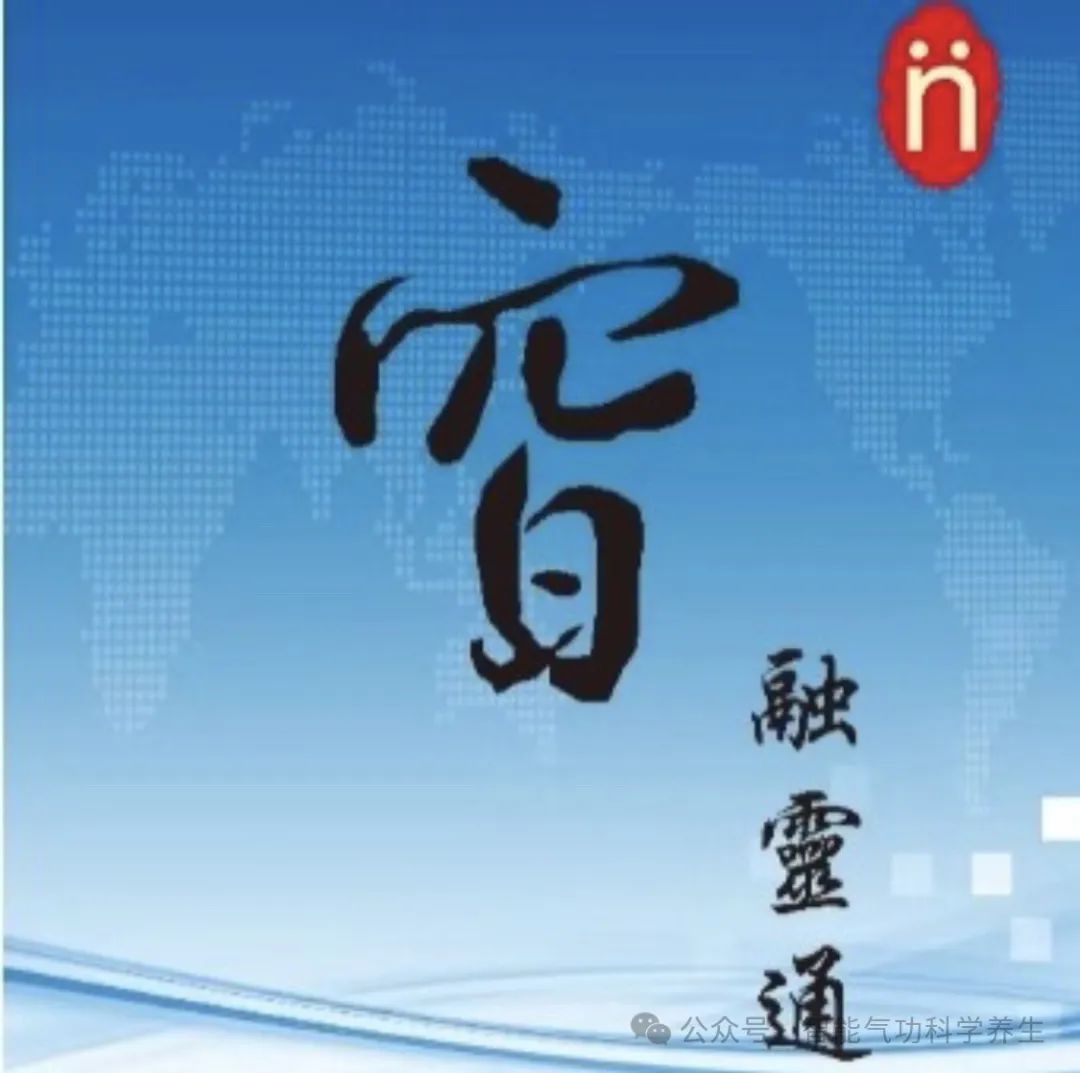
The Purpose of Intelligent Qigong:
Under the guidance of dialectical materialism and historical materialism, deeply explore traditional Qigong, practice repeatedly, and innovate boldly, making ancient Qigong scientific, social, popular, and integrated into daily life, transforming human natural instincts into conscious intelligence, leading humanity from the realm of necessity to the realm of freedom, and promoting cultural advancement to a higher stage.
Definition of Qigong: (theoretical foundation, special exercise methods and content, purpose of practice. It encompasses all characteristics of Qigong)
Qigong is based on the classical holistic view of life, utilizing active introspective consciousness activities (adjusting the mind, body, and breath as its extension) to transform, perfect, and enhance the life functions of the human body—turning natural instincts into conscious intelligence.
1. Basic Theory—Hunyuan Holistic Theory:
A. Hunyuan Theory (Hunyuan Qi Theory, Hunyuan Transformation Theory)
Hunyuan Qi Theory: What is Hunyuan Qi, different levels of Hunyuan Qi, characteristics of Hunyuan Qi (gathering forms shape, dispersing becomes Qi)
Hunyuan Transformation Theory: Material transformation theory (between entities and non-entities, between material entities), time-space transformation theory (time transformation, space transformation)
B. Holistic Theory (What is a holistic view, cosmic holistic view, human and heaven holistic view, human body holistic view)
C. Human Body Hunyuan Qi: (four stages of formation and development (fertilized egg, fetus, infant, conscious person); distribution and function)
2. Basic Theory—Utilizing Consciousness (Key to Qigong)
A. Consciousness Body Theory:
Function: Receiving, processing, storing, extracting, and releasing information (normal and extraordinary information)
Development: Initial consciousness body → self-consciousness body → biased consciousness body → complete consciousness body → unified consciousness body
Nature: The consciousness body is the mixed state of all nerve cells and their overall functions in the human nervous system. It is extremely uniform, without any distinctions, compatible with brain tissue, centered around the brain, spreading throughout the brain and body, and diffusing beyond the human body. (It manifests when objects come, and empties when objects leave)
B: Application of Consciousness in Intelligent Qigong:
1. Actively and proactively utilize consciousness;
2. Actively guide the rise and fall of life movements;
3. The application of consciousness requires focus and concentration. (Specific application: external Hunyuan = pure intention + natural Qi, internal Hunyuan = pure intention + internal Qi)
C: How to Improve Active Utilization of Consciousness:
1. Fully exert the governing role of consciousness over form and Qi;
2. The focus of consciousness should be on the fundamental rise and fall of life activities;
3. The directive for actively utilizing consciousness should originate from the source of consciousness activity—deep consciousness;
4. Gradually deepen the perception of the body’s transparency.
5. Apply the requirements of Qigong in daily life (relying on moral cultivation)
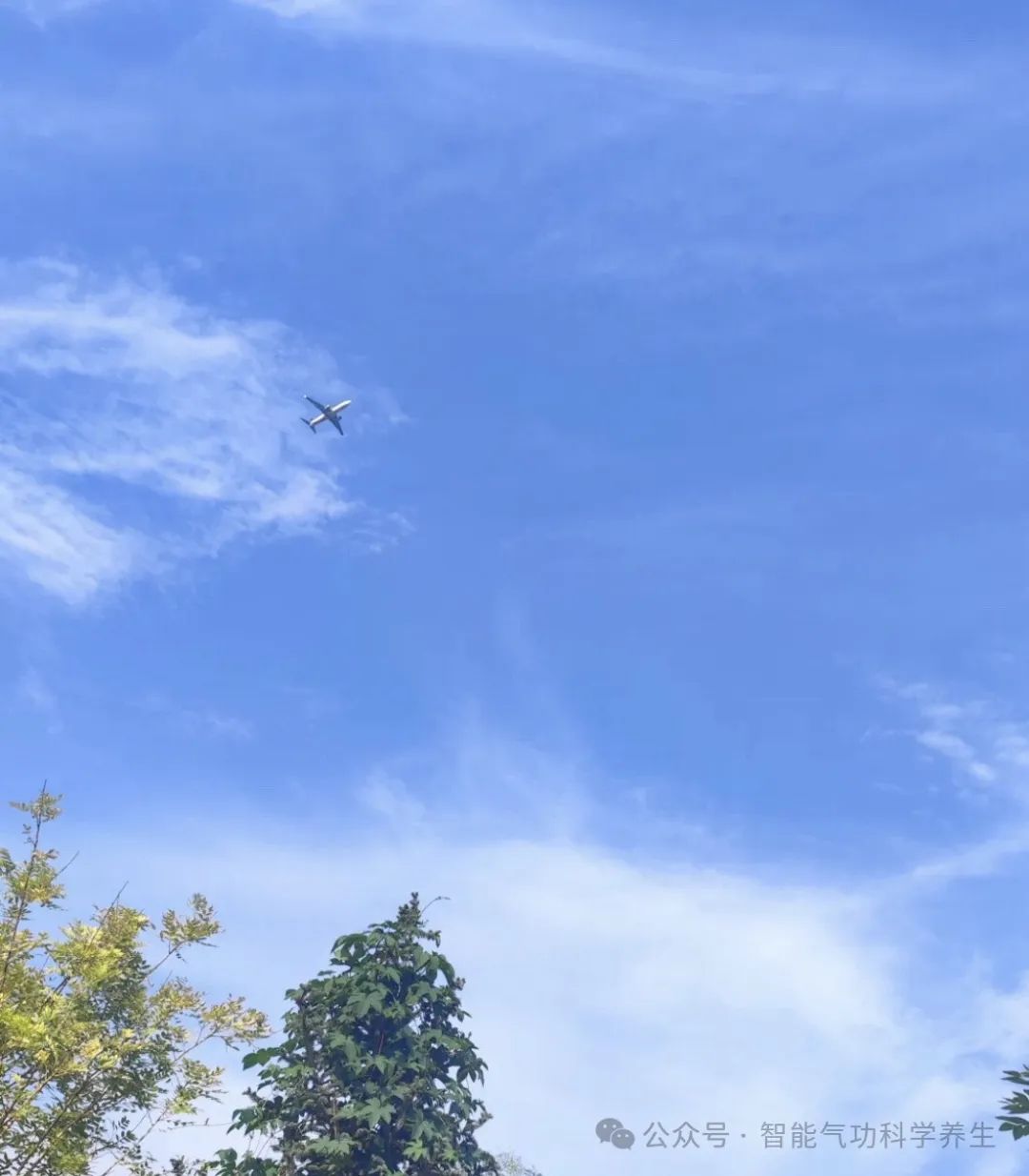
3. Nine Major Characteristics of Intelligent Qigong:
1. Special theoretical system—Hunyuan Holistic Theory (Hunyuan Qi, Hunyuan Transformation)
2. A systematic set of methods (external, internal, central Hunyuan)
3. Incorporates various practice techniques (Qi collection methods, crown chakra activation, void Qi collection (advanced methods…))
4. Teaching methods combine three transmissions (oral, form, heart transmission; emphasizing theory and practice, integration)
5. Does not emphasize the microcosmic orbit and intention holding (principle of consciousness application: focus and concentration; intention leads the movement of Qi)
6. Uses Qi guidance as a means to mobilize Qigong (using intention to guide Qi, using form to guide Qi, using sound to guide Qi)
7. An open practice method (open Qi mechanism, open form, open consciousness)
8. External Qi healing does not use one’s own true Qi (mobilizing Hunyuan Qi for self-healing and healing others)
9. Clear practice responses (mainly referring to painful sensations) are evident (effective, entering the practice process, ultimately achieving the goal)
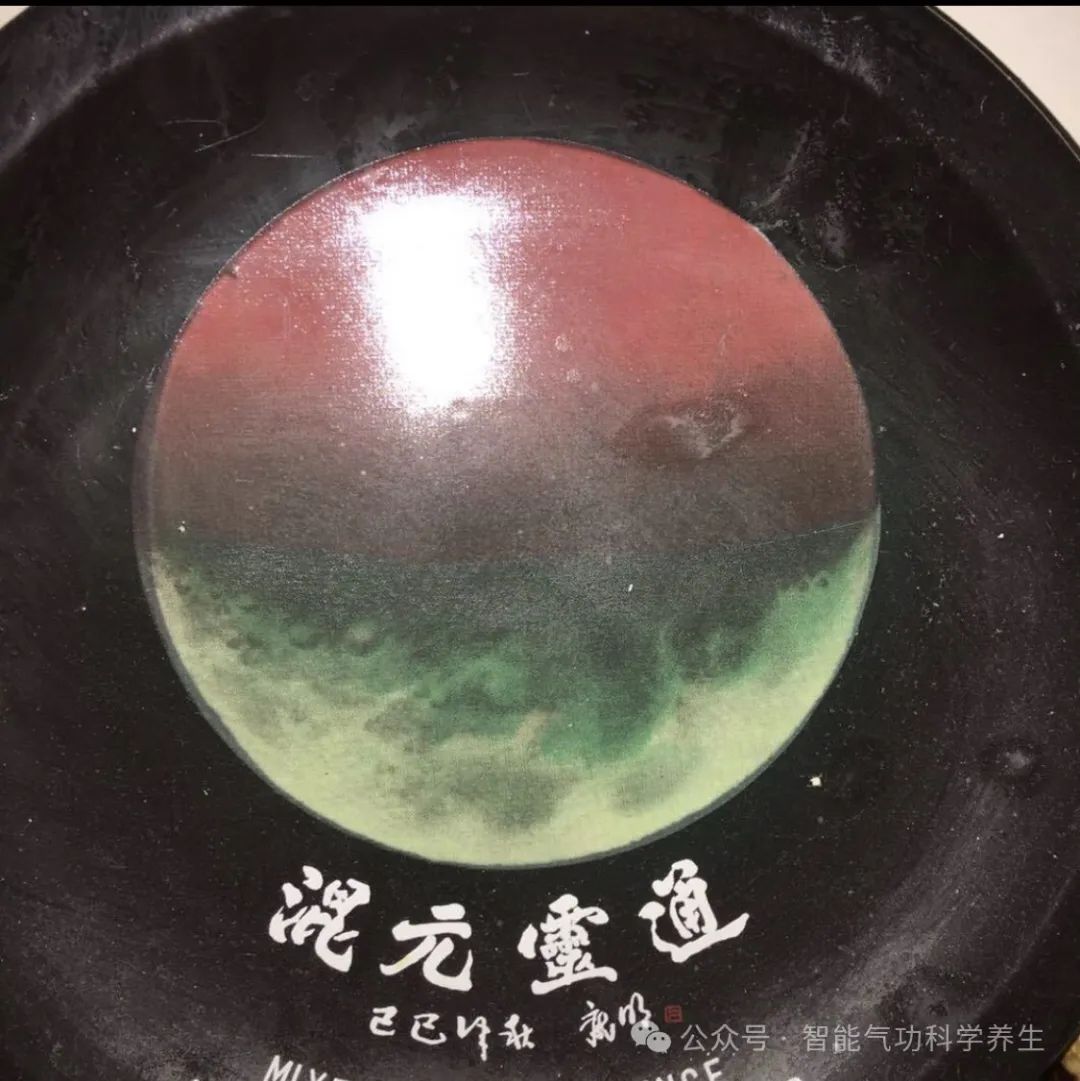
4. How to Practice Intelligent Qigong Well
1. Establish a solid ideological foundation;
2. Break superstitions;
3. Follow the laws of Intelligent Qigong;
4. Establish a deep consciousness of Qigong;
5. Correctly address responses during practice;
6. Pay attention to regulating life.
5. Cultivate Morality: (The foundation of practice. Integrating self-interest with the interests of others)
The essence of moral cultivation: cultivating Hunyuan Qi.
Classification of morality: natural morality; social morality; natural social morality; social freedom morality
Content of moral cultivation:
1. Maintain a balanced Qi;
2. Enhance interests, transcend mundane views;
3. Eliminate ego attachment;
4. Establish a greater self.
How to Improve Moral Cultivation:
1. Consciously cultivate morality;
2. Cultivate at the level of self-consciousness;
3. Move from action to non-action;
4. Correctly address the relationship between public and private.
